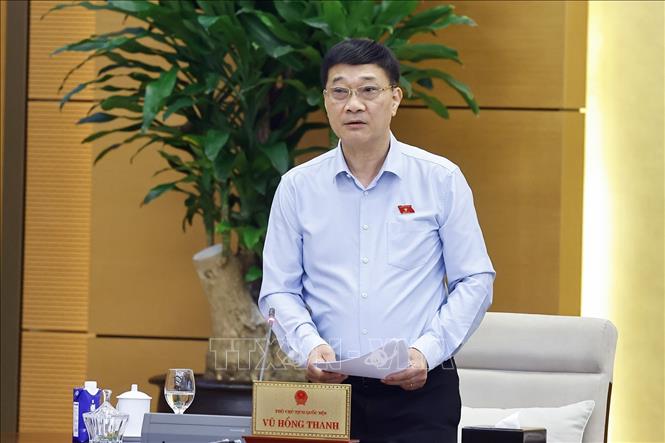
Presenting the Report, Deputy Minister of Finance Nguyen Thi Bich Ngoc said that the draft law includes 7 chapters, 60 articles and 4 appendices, of which 33/77 articles and 1 appendix are amended and supplemented; 17/77 articles are removed, 25/77 articles and 3 appendices are kept unchanged; 2 new articles are added, and the draft Law also rearranges the provisions.
The main principle is to strongly shift from pre-control to post-control associated with strengthening inspection and supervision, cutting and simplifying administrative procedures in business investment.
The main amendment and supplement of the draft Law is to narrow the scope of projects that must undergo investment approval procedures. This procedure only applies to sensitive and important infrastructure projects (such as seaports, airports, telecommunications, press, etc.), projects that propose to use coastal land, and large projects that affect national defense, security, and the environment.
The draft law eliminates the procedure for approving investment policies for projects that have been auctioned, bid for, or have a transparent investor selection process. At the same time, it promotes decentralization to the Prime Minister and the Chairman of the Provincial People's Committee to decide, assigning projects that were previously under the authority of the National Assembly to the Prime Minister for decision (except in special cases that require the opinion of the National Assembly Standing Committee). The draft also eliminates unnecessary appraisal contents such as technology and environment; clarifies assessment criteria in accordance with planning to shorten the time and reduce the burden of administrative procedures.
The draft law adds a ban on investment and business in electronic cigarettes and heated tobacco products to protect public health. In addition, the draft law also eliminates 21 conditional investment and business sectors that are no longer necessary (accounting services, tax procedures services, etc.).
Regarding overseas investment, the draft law eliminates the procedure for approving overseas investment policies and narrows the scope of foreign investment registration certificates (only applicable to projects with capital of 20 billion VND or more or projects in conditional investment and business sectors)....
In addition, the draft law allows the establishment of economic organizations without prior investment projects to increase the attractiveness of the investment environment; expands the green channel mechanism for projects in industrial parks, economic zones, and high-tech zones; and adds regulations on asset transfer and allows extension of the operating period for railway projects as well as transfer of assets to the state after the project ends.
The Government proposed that the draft law, if passed by the National Assembly, will take effect from January 1, 2026 to promptly remove bottlenecks in business investment.
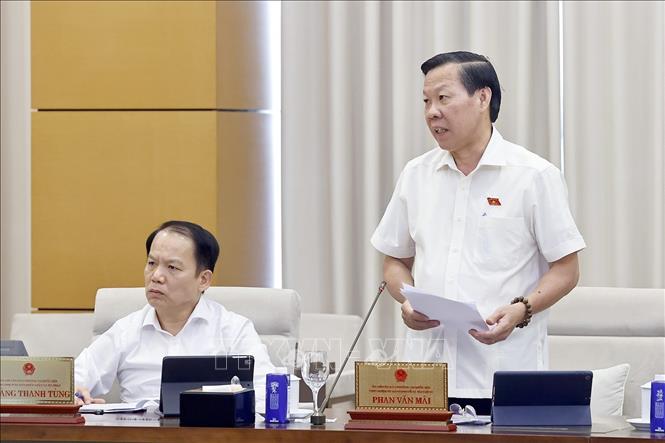
In a summary report on the review of the draft Investment Law (amended), Chairman of the National Assembly's Economic and Financial Committee Phan Van Mai said that the agency reviewing the draft law agreed with the necessity of perfecting the legal framework on investment.
However, the Economic and Financial Committee proposed to review and carefully evaluate many important contents such as the proposal to supplement full explanations on the feasibility and risks of removing all authority of the National Assembly in approving investment policies; need to report to competent authorities and seek opinions from specialized Committees of the National Assembly with a proposal to supplement the content of amending and supplementing the Railway Law, on transferring railway project assets when the investment period expires; propose to continue studying, reviewing and substantially reducing business conditions, only retaining necessary conditions for constitutional reasons (national defense, security, order, ethics, public health)...
The Economic and Financial Committee also noted the need to be extremely cautious and clarify the management mechanism when allowing foreign investors to establish enterprises before being granted an Investment Certificate, ensuring implementation in the spirit of Resolution No. 50-NQ/TW of the Politburo on orientations for perfecting institutions and policies, improving the quality and effectiveness of foreign investment cooperation by 2030, emphasizing selectively attracting foreign investment cooperation...
Discussing the draft Investment Law (amended), members of the National Assembly Standing Committee emphasized that this draft law has a very wide scope, affecting the investment and business environment and the reform process of the economy. Members of the National Assembly Standing Committee gave their opinions on the concept, scope and authority to approve investment policies; criteria for determining conditional investment and business sectors; institutionalizing Resolution 50 of the Politburo on improving the quality of FDI, especially the post-audit mechanism when allowing foreign investors to establish economic organizations before having an investment project; control measures to avoid taking advantage of asset transfers or tax evasion...
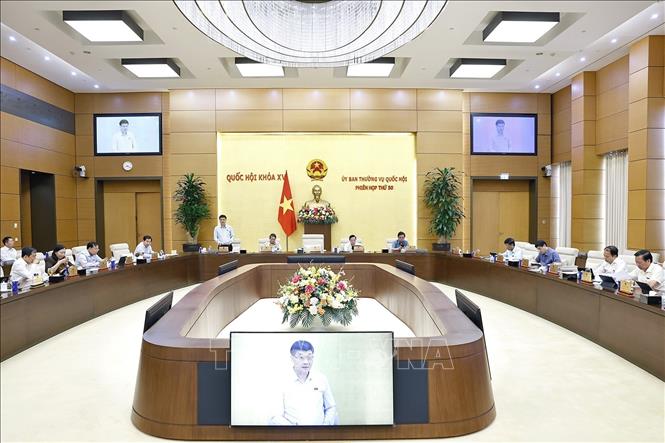
Concluding the discussion session, Vice Chairman of the National Assembly Vu Hong Thanh emphasized that in order to ensure the quality of the draft law submitted to the National Assembly, the National Assembly Standing Committee requested the Government to direct relevant ministries and branches to continue researching and perfecting the draft law according to three main principles. Accordingly, removing bottlenecks, creating a stable and synchronous legal corridor, suitable for development requirements and not creating new problems; strengthening decentralization, decentralization, strongly shifting from management to development creation, while minimizing procedures and conditions for investment and business; ensuring constitutionality, consistency, and synchronization with related laws such as the Law on Land, Construction, Housing, Real Estate Business, Environment, Technology Transfer, and in accordance with international commitments (foreign investment, overseas investment).
*Also in the morning session, the National Assembly Standing Committee considered and decided on: allocating the central budget capital public investment plan for 2025 to projects using increased central budget revenue in 2022 and 2023 that have completed investment procedures; adjusting and consolidating the central budget capital public investment plan for 2025 of localities after the merger.
Source: https://baotintuc.vn/thoi-su/lay-y-kien-ve-du-an-luat-dau-tu-sua-doi-20251017110803606.htm


![[Photo] Closing ceremony of the 18th Congress of Hanoi Party Committee](https://vphoto.vietnam.vn/thumb/1200x675/vietnam/resource/IMAGE/2025/10/17/1760704850107_ndo_br_1-jpg.webp)





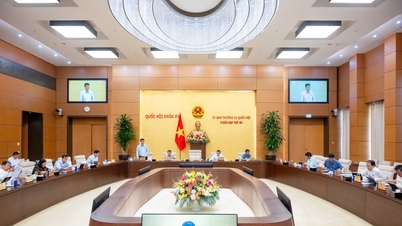

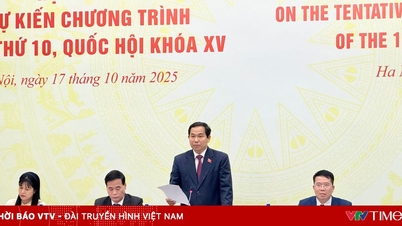

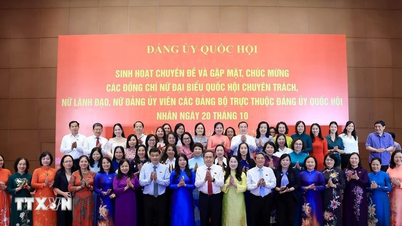

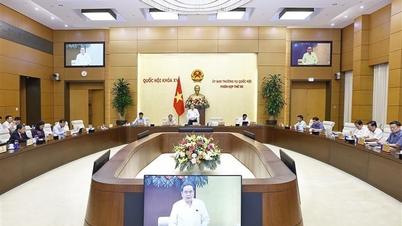
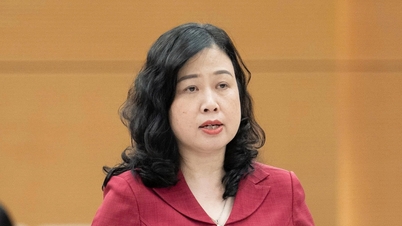

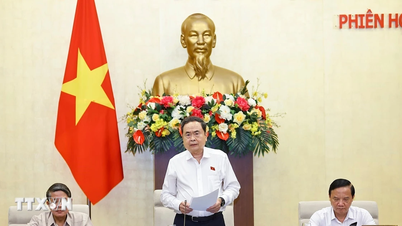
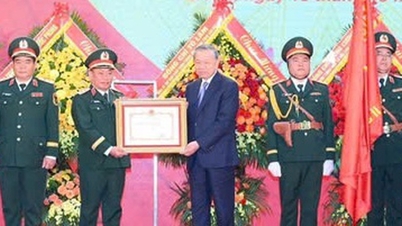
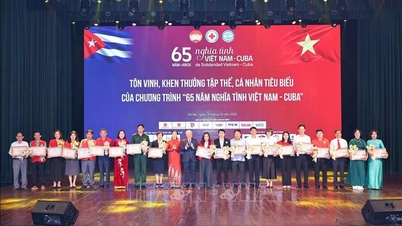
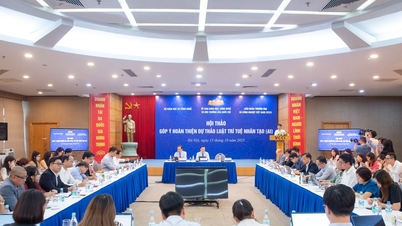

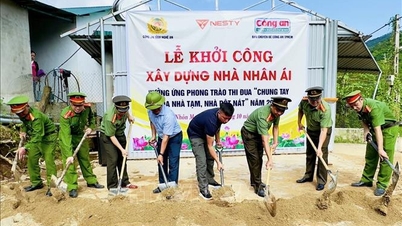
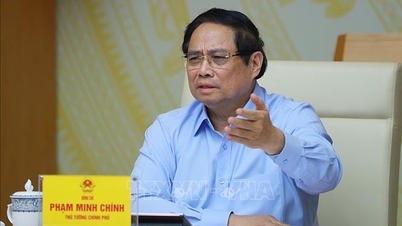





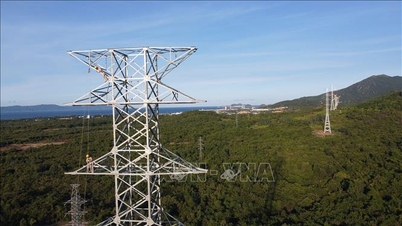

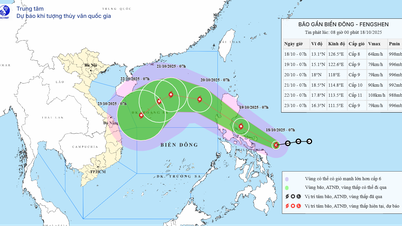
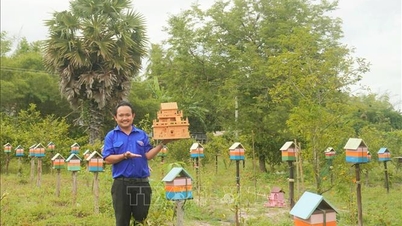
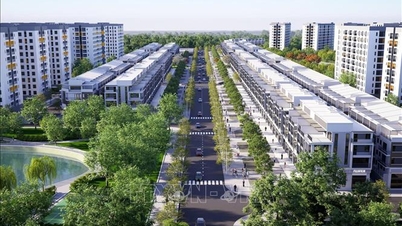

![[Photo] Nhan Dan Newspaper launches “Fatherland in the Heart: The Concert Film”](https://vphoto.vietnam.vn/thumb/1200x675/vietnam/resource/IMAGE/2025/10/16/1760622132545_thiet-ke-chua-co-ten-36-png.webp)
































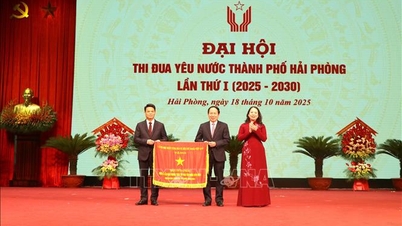
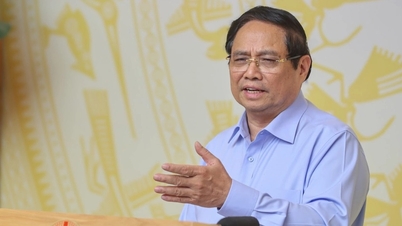








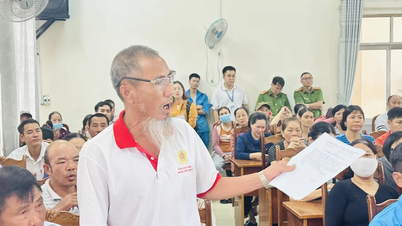



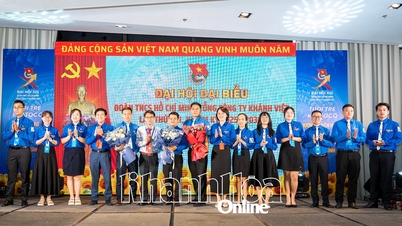

![[Infographic] Organizing to collect public opinions on draft documents to be submitted to the 14th National Party Congress](https://vphoto.vietnam.vn/thumb/402x226/vietnam/resource/IMAGE/2025/10/18/1760774470262_anh-bia-copy.jpeg)


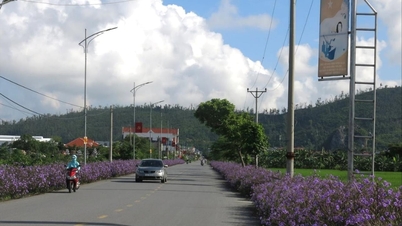

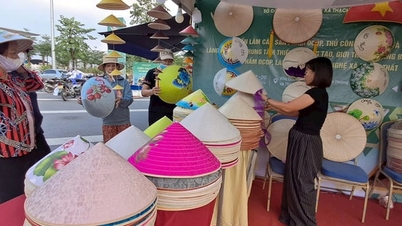













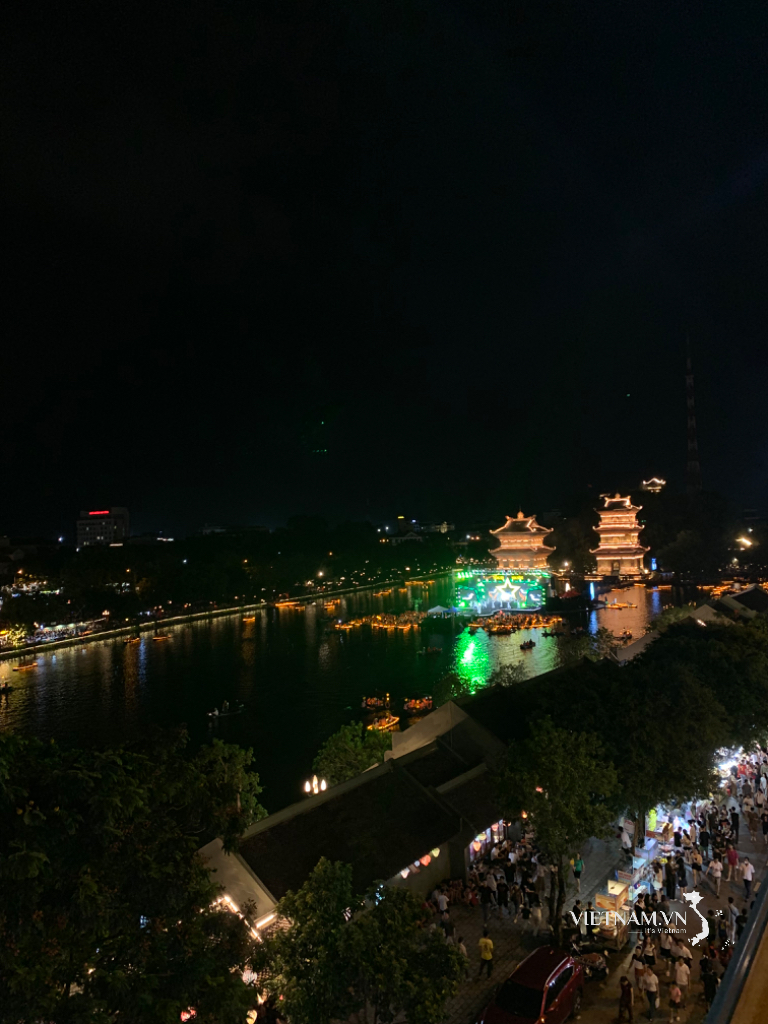
Comment (0)